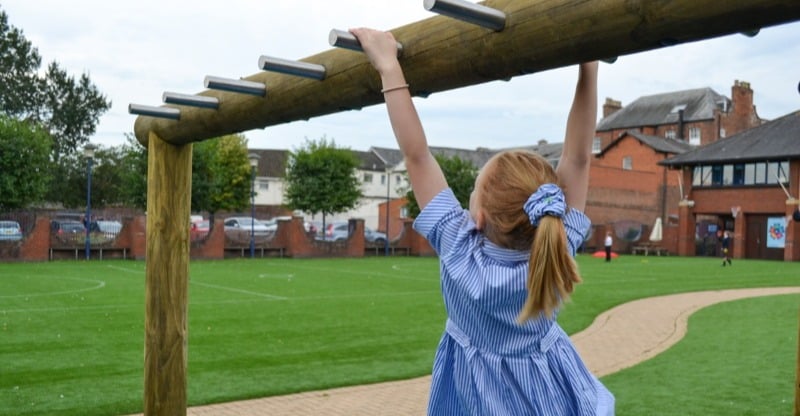An inclusive primary school playground creates an environment where children of different abilities, backgrounds, and cultures come together to learn, play, and grow. In this blog, we will explore the numerous benefits of an inclusive space and why it is crucial for the holistic development of children.
Nurturing Empathy and Understanding
Well-designed inclusive play spaces welcome children of all abilities to play, learn and grow together. An inclusive primary school playground creates opportunities for children to interact with peers who have different abilities, helping them develop empathy and understanding. When children engage in play and games together, they learn to appreciate individual differences and embrace diversity. This fosters a sense of compassion, acceptance, and respect, setting the stage for a more inclusive society. 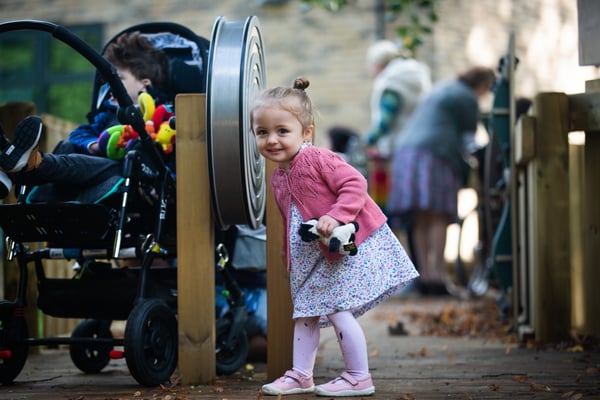
Promoting Social Skills
An inclusive playground promotes the development of vital social skills. When children engage in cooperative play, they learn to communicate effectively, negotiate, and resolve conflicts amicably. Inclusive play also encourages collaboration, teamwork, and the appreciation of different perspectives. These skills are crucial for success not only in school but also in their future. 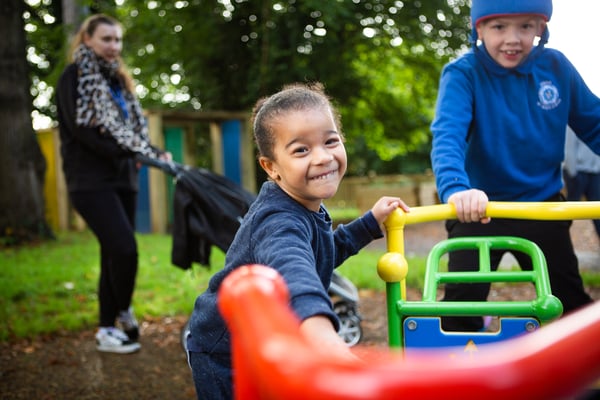
Building a Strong Sense of Belonging
A welcoming playground environment where every child feels valued and included is essential for building a strong sense of belonging. This sense of belonging enhances self-esteem and promotes mental wellbeing.
Physical and Cognitive Development
Inclusive playgrounds offer a range of physical activities that cater to children of all abilities. Engaging in physical play helps develop gross motor skills, coordination, and overall fitness. Additionally, inclusive playgrounds often incorporate sensory elements, stimulating cognitive development and creativity. The diverse play equipment and activities accommodate various learning styles, ensuring that every child can find something to enjoy and be challenged by. 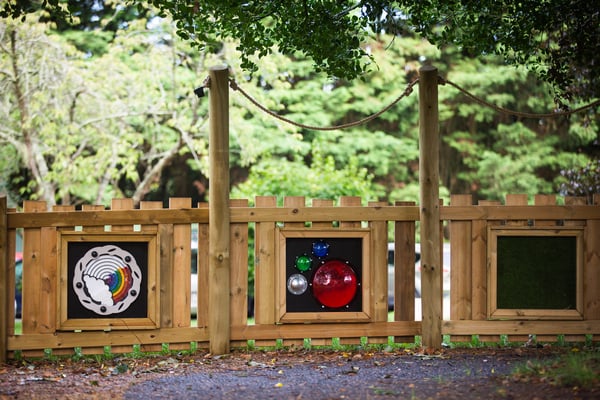
Fostering Friendship and Peer Support
An inclusive playground encourages the formation of diverse friendships. When children interact with peers from different backgrounds, they gain exposure to new cultures, traditions, and experiences. Friendships formed in an inclusive environment are often based on mutual respect and understanding, promoting a supportive and inclusive school community. These connections create a positive social network that extends beyond the playground and into the classroom. 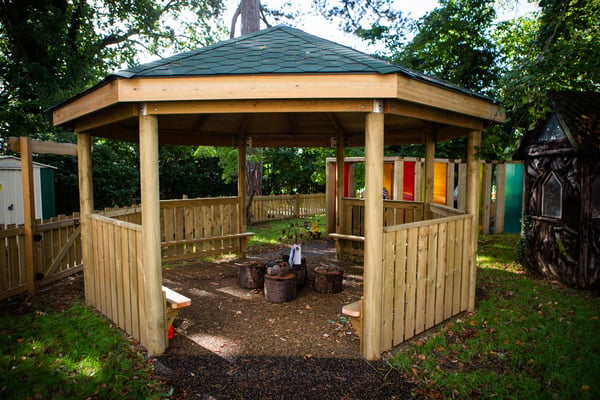
Instilling Values of Equality and Inclusion
By promoting inclusivity from an early age, primary school playgrounds serve as a powerful tool for teaching children the values of equality and inclusion. Through play, children learn that everyone deserves respect and equal opportunities, regardless of their differences. These values shape their attitudes and behaviours, creating a generation of empathetic and socially conscious individuals who contribute positively to their communities. 
In Conclusion
An inclusive school playground holds immense benefits for children, both academically and socially. By taking into account all of the above these playgrounds become transformative spaces where children can thrive and grow into compassionate and inclusive individuals. We're here to help create inclusive environments that celebrate diversity, paving the way for a brighter and more inclusive future.  Are you interested in creating an inclusive playground? Explore our 2023 brochure or book a preliminary chat with us.
Are you interested in creating an inclusive playground? Explore our 2023 brochure or book a preliminary chat with us.

Originally published Oct 9, 2023 11:40:35 AM
, updated January 31, 2024
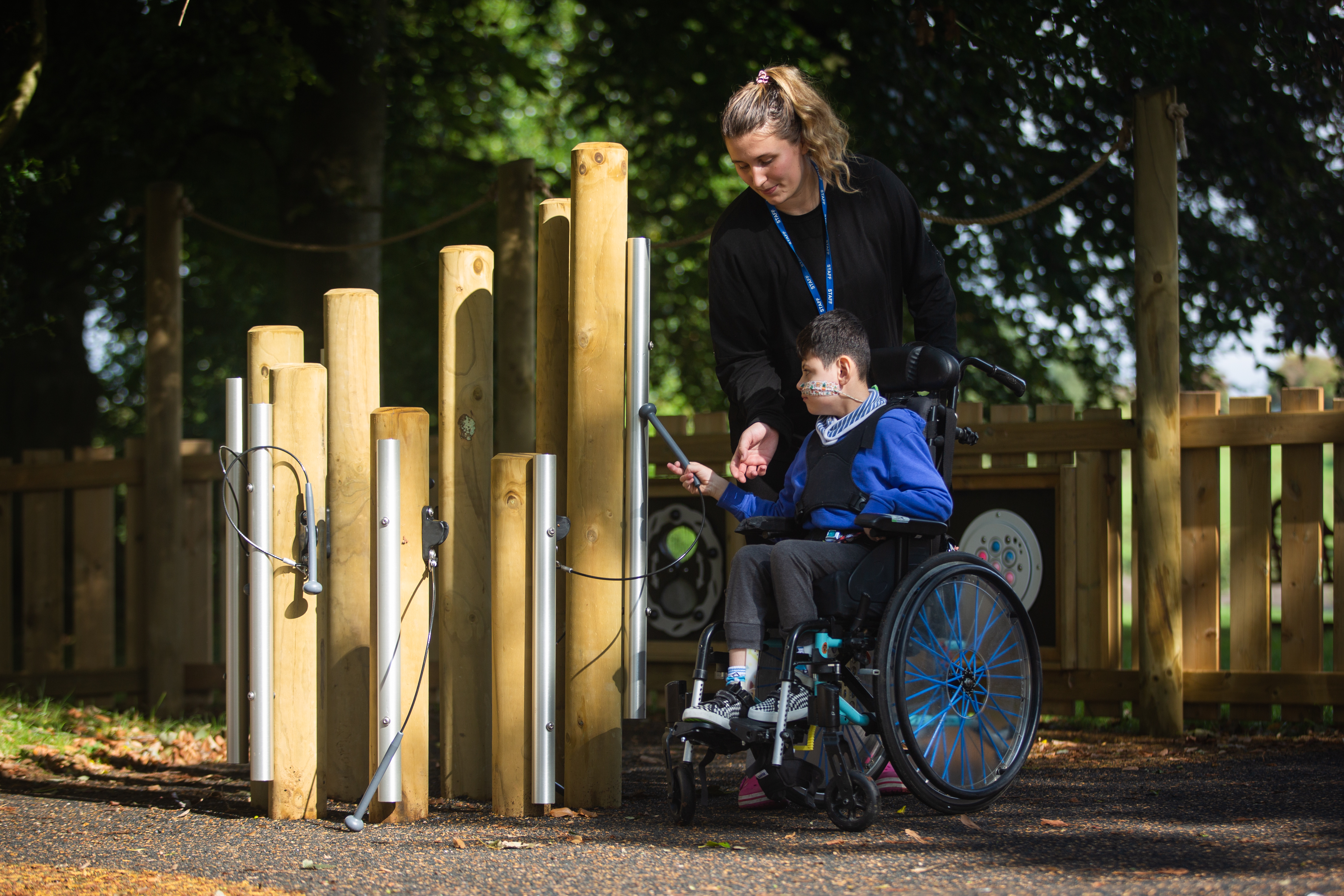
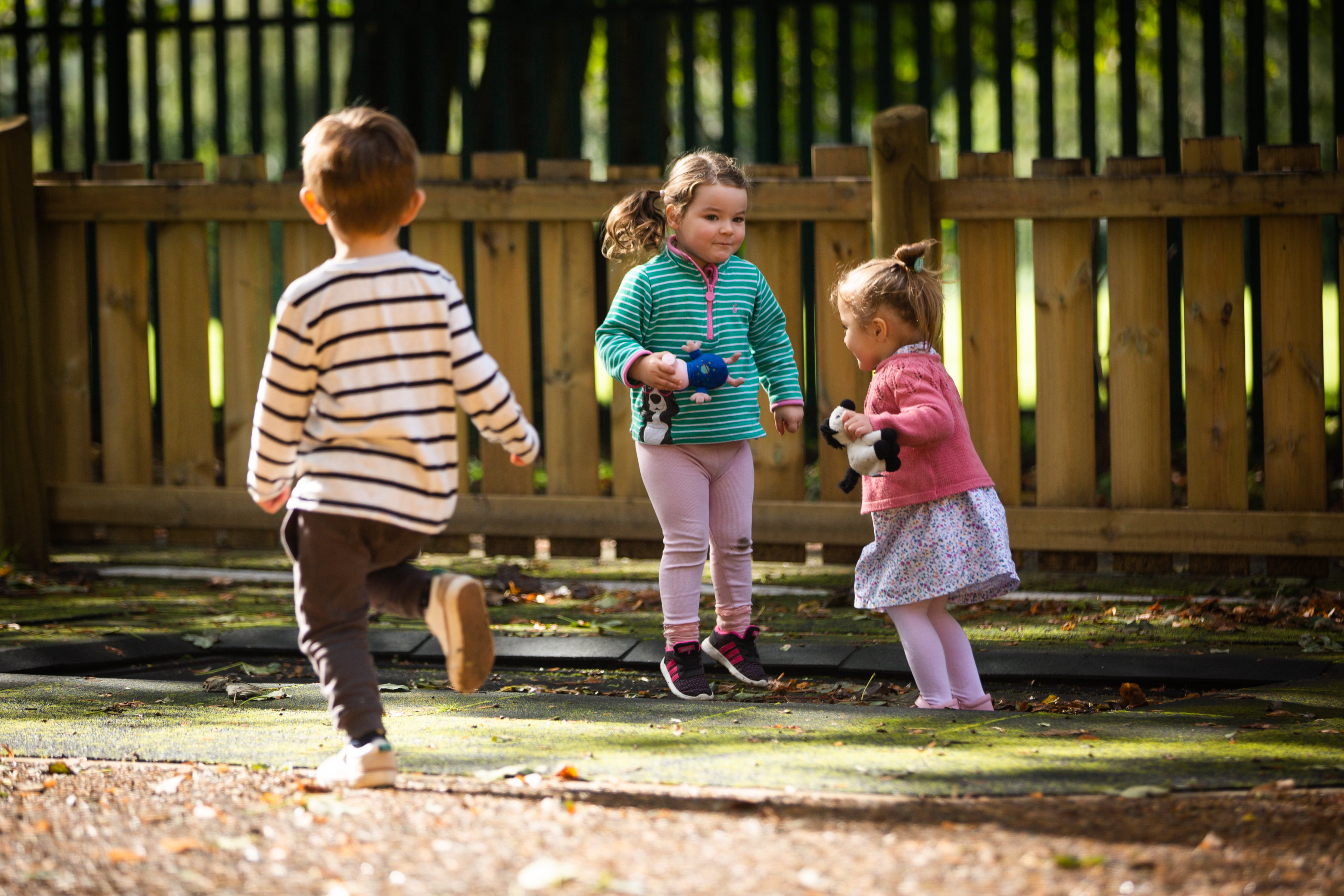
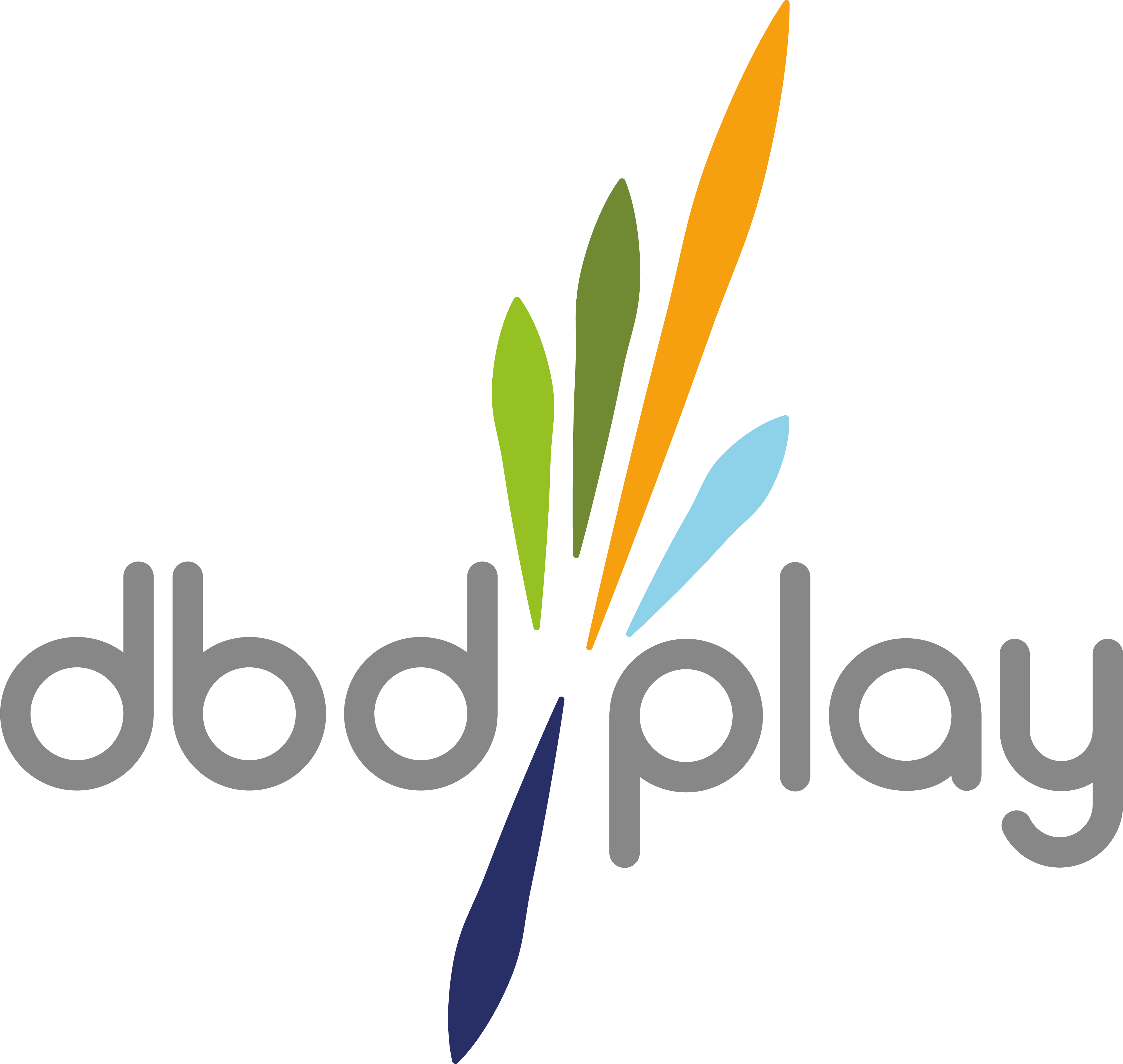







 Are you interested in creating an inclusive playground? Explore our
Are you interested in creating an inclusive playground? Explore our 
